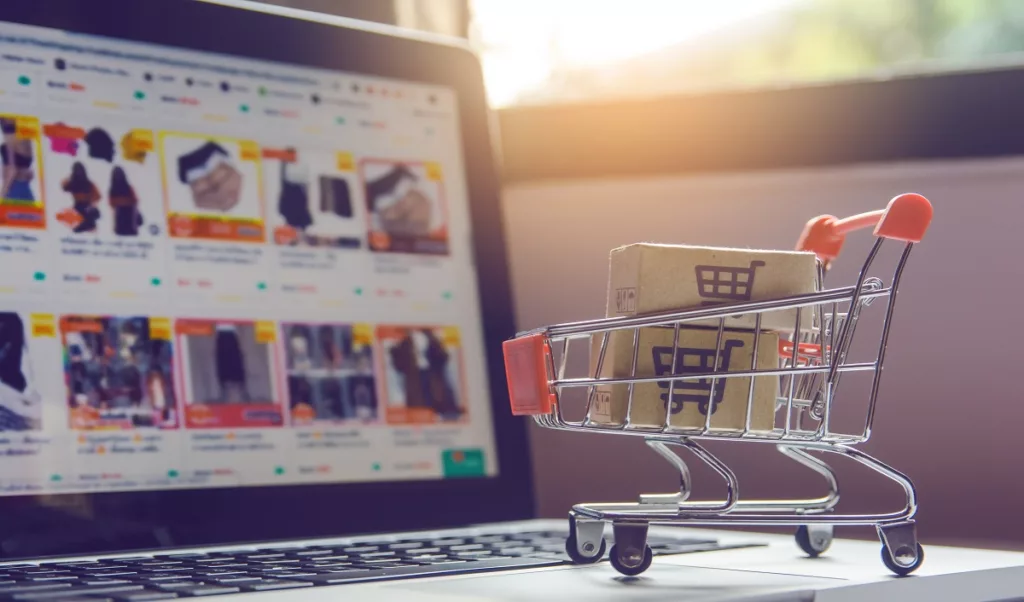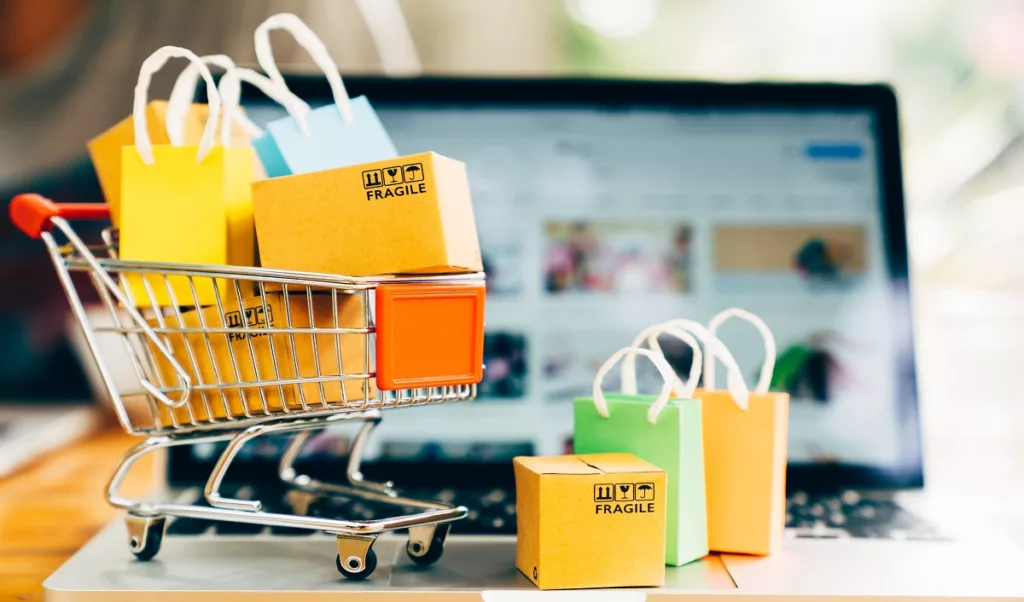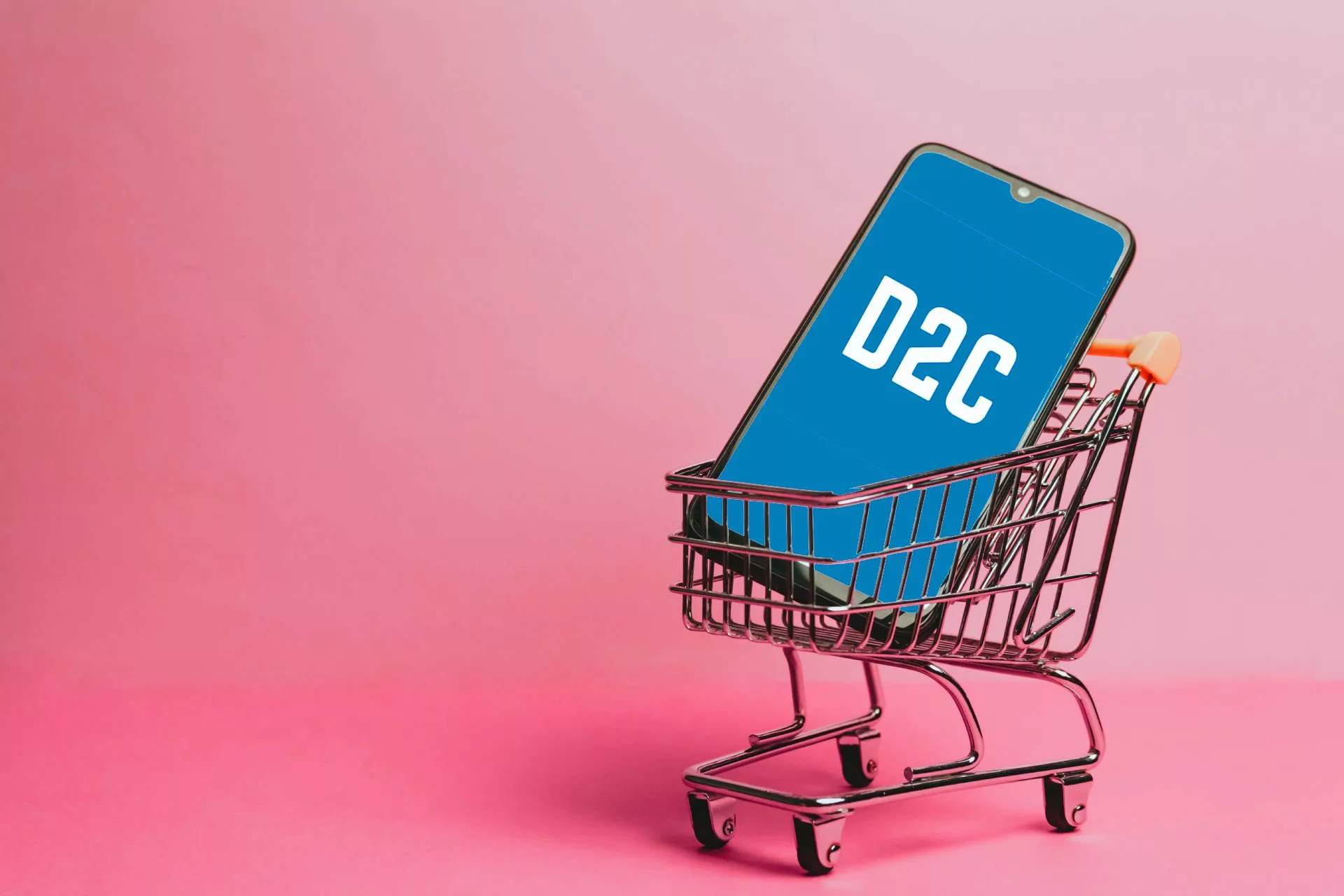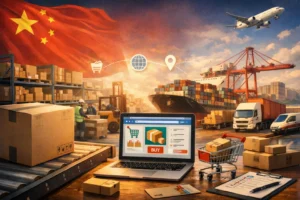In today’s rapidly evolving business landscape, companies are continually seeking new ways to connect with customers and streamline their operations. One approach that has gained significant momentum is the Direct-to-Consumer (D2C) strategy. This article will delve into the world of D2C fulfillment e-commerce. The article will discuss its specifics, marketing strategies, key differentiators from traditional B2C models. Morover, the benefits and challenges associated with D2C fulfillment.

Understanding D2C Fulfillment E-commerce
D2C e-commerce refers to the process of selling products directly to consumers through online channels, bypassing traditional distribution channels and intermediaries. By eliminating middlemen, companies gain complete control over the entire customer journey, from manufacturing to marketing, sales, and customer support. This approach enables brands to establish direct relationships with consumers, resulting in greater brand loyalty and customer engagement.
Specifics of D2C Marketing
D2C marketing focuses on building strong brand identities and fostering direct relationships with consumers. Key elements of D2C marketing include:
a. Data-driven Personalization
D2C brands utilize customer data to tailor their marketing messages and experiences, delivering highly personalized content that resonates with individual consumers.
b. Content Marketing and Storytelling
D2C companies leverage content to engage consumers, sharing their brand stories, values, and unique selling propositions, ultimately building trust and loyalty.
c. Social Media and Influencer Marketing
D2C brands harness the power of social media platforms and collaborate with influencers to reach their target audiences effectively and organically.
d. Customer Experience Optimization
D2C companies prioritize delivering exceptional customer experiences by focusing on seamless website navigation, responsive customer support, and hassle-free returns and exchanges.

D2C vs. B2C
While both D2C and Business-to-Consumer (B2C) models involve selling products directly to customers, there are notable differences:
a. Distribution Channel
FIrstly, D2C brands sell their products through their own websites or dedicated online marketplaces, whereas B2C companies often rely on third-party retailers or wholesalers.
b. Control over the Customer Journey
Additionaly, D2C brands have complete control over every aspect of the customer journey, from product design and manufacturing to marketing and customer service, while B2C companies may have limited control over these stages.
c. Data Ownership
Finally, D2C brands have access to valuable first-party customer data, enabling them to make data-driven decisions and provide personalized experiences. B2C companies may have limited access to customer data due to the involvement of intermediaries.
Benefits of D2C Fulfillment
D2C fulfillment offers several advantages for businesses:
a. Enhanced Profit Margins
Firstly, by eliminating the need for intermediaries, D2C brands can maximize their profit margins, as they directly capture the retail markup.
b. Customer Data and Insights
Moreover, D2C brands have direct access to customer data, allowing them to gain valuable insights into consumer behavior, preferences, and purchase patterns, enabling them to make informed business decisions.
c. Brand Control and Flexibility
In addition, D2C brands have complete control over their brand image, messaging, and pricing, enabling them to adapt quickly to market trends and consumer demands.
Challenges of D2C Selling Approach
Despite its numerous benefits, the D2C selling approach comes with its own set of challenges:
a. Operational Complexity
Firstly, D2C companies need to handle various aspects of the supply chain, including inventory management, warehousing, shipping, and returns, which can be complex and resource-intensive.
b. Marketing and Customer Acquisition Costs
Secondly, D2C brands must invest significantly in marketing and customer acquisition to build brand awareness and attract customers to their online channels.
c. Scale and Reach
Lastly, competing with established retailers and e-commerce platforms can be challenging for D2C brands, particularly when it comes to achieving a wide market reach and scaling their operations.
Conclusion
Direct-to-Consumer (D2C) strategy empowers brands to forge direct relationships with customers, enabling enhanced control over the customer journey, personalized experiences, and increased profitability. However, while D2C fulfillment offers several advantages, businesses must also address the operational complexities and invest in marketing efforts to overcome challenges and unlock the full potential of this selling approach.
Finally, if you are looking for D2C fulfillment, contact Fulfillmen today.




